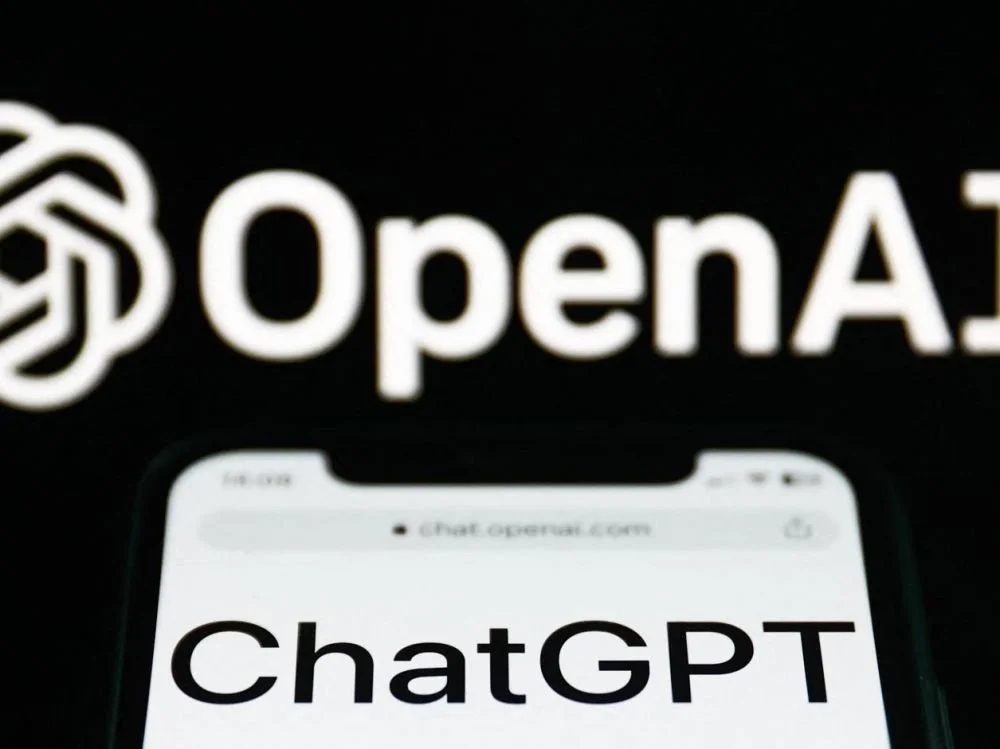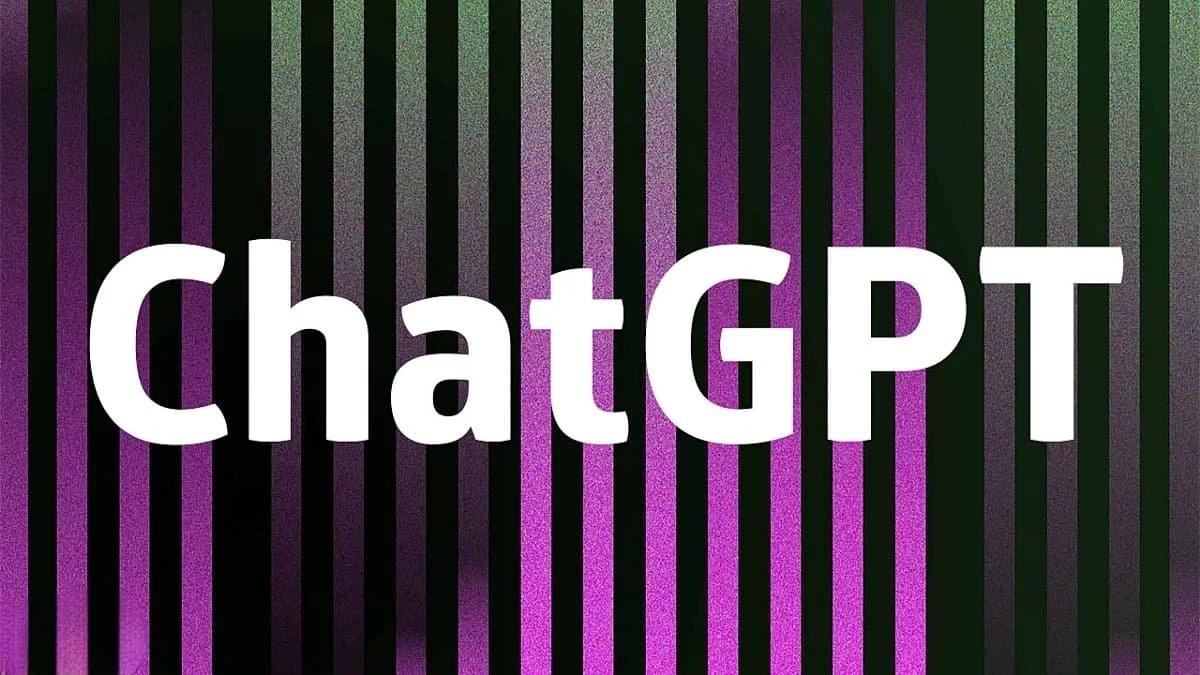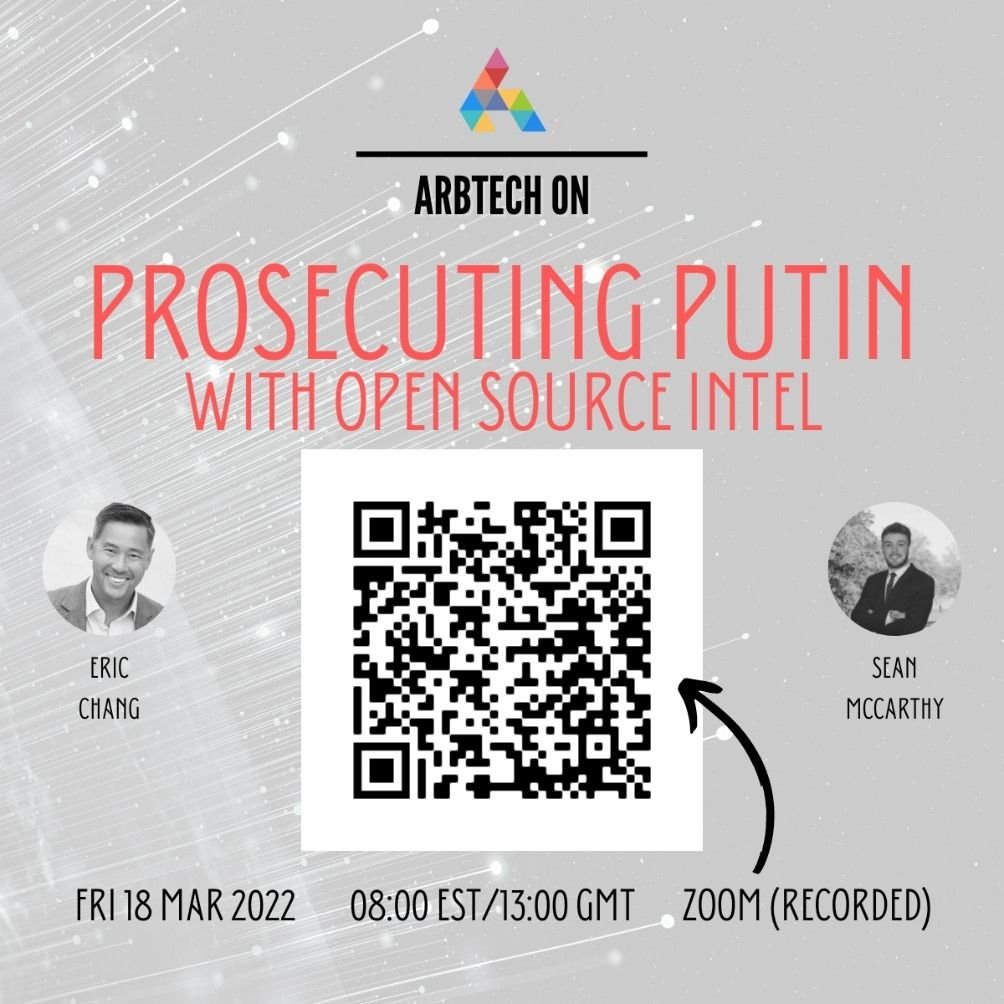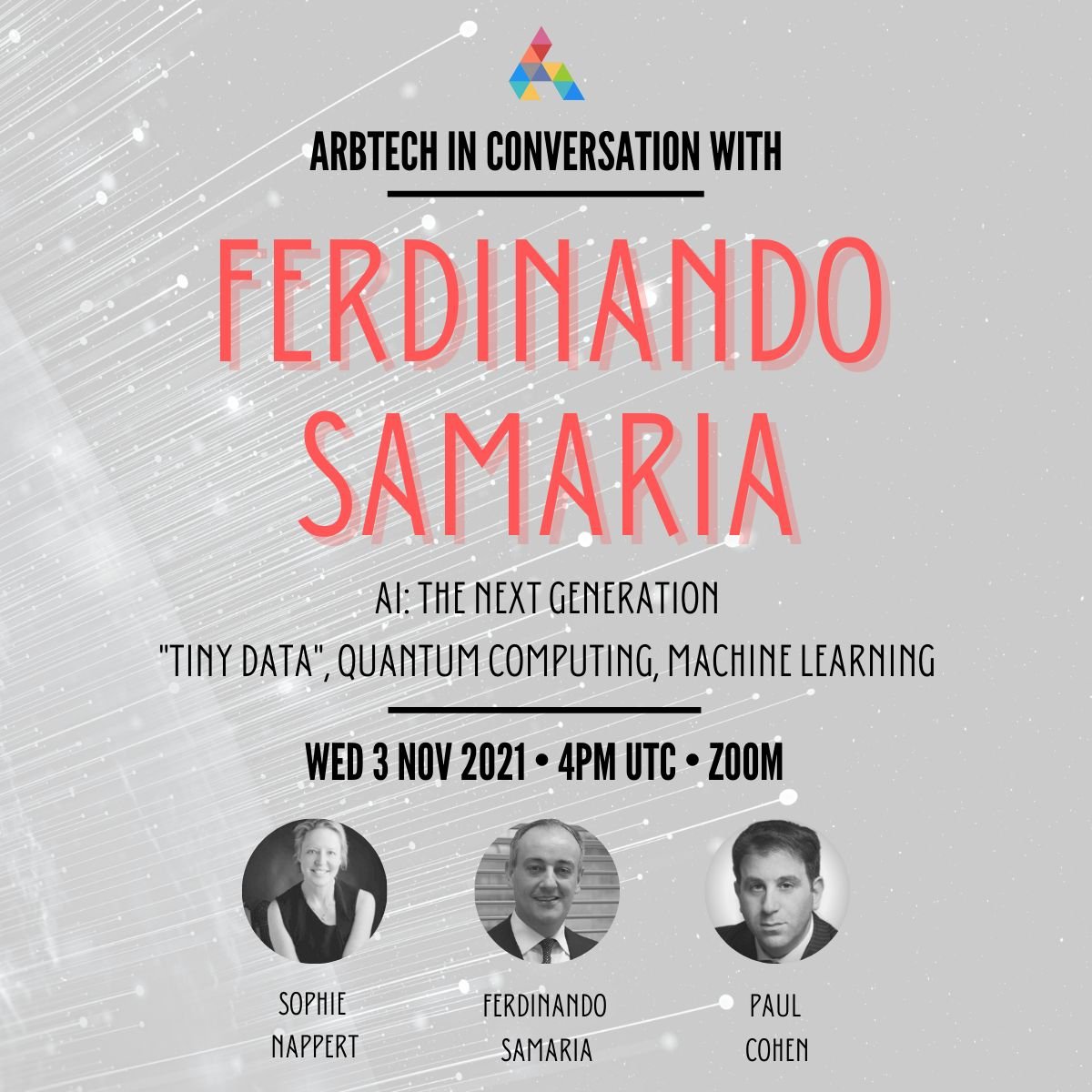New Tech, Arbitration and the Future
Want to deepen your knowledge of the future of legaltech and arbitration? In this article, ArbTech co-founder Sean McCarthy shares his predictions regarding the impact new technology will have on dispute resolution. He also highlights the most pressing challenges that tech may have for legal proffesionals and emphasises ways in which arbitrators can benefit from innovation.
Artificial Intelligence, ChatGPT, Language and Legal Professionals
Reflections on a recent experiment with ChatGPT in mock arbitral proceedings.
Cesar Pereira and Andre Guskow Cardoso discuss the the performance of the ubiquitous large language model, ChatGPT, against a highly prepared Vis Moot team.
Six Takeaways from “Crypto Regulation: Are Service Providers and Users Ready?”
Six Takeaways from ArbTech’s webinar with barrister, Racheal Muldoon, on the field of crypto regulation and digital asset disputes.
Practical implications of ChatGPT for arbitration practitioners
What are the practical implications of ChatGPT for international arbitration practitioners? Find out here!
WHAT IS CHATGPT AND WHY SHOULD I CARE ABOUT ITS CAPABILITIES?
What is ChatGPT-3 AI and why should I care about its capabilities? In this article, we will explore the machine learning language model and how it may very soon revolutionize most industries, including the legal industry.
The Impact of Blockchain on the Future of International Arbitration
In a recent panel discussion featuring Dr. Federico Ast, Sophie Nappert, and Dr. Sabine Van Haecke-Lepic, hosted by ArbTech and Kleros, the future of dispute resolution was explored, particularly focusing on the impact of blockchain technology and the concept of decentralized justice. This comprehensive exploration not only delved into the mechanics of platforms like Kleros but also examined broader implications for the legal field, due process, and the accessibility of justice in the digital age.
Ethereum Merge: Blockchain's Future
On 5 October, Sophie Nappert (ArbTech Co-Founder) moderated a lively discussion with Colin Rule (CEO, Arbitrate.com & Mediate.com) and Joe Raczynski (Technologist & Futurist, Thomson Reuters) on the recent Ethereum Merge and its wide-ranging ripple effects for the crypto industry and beyond.
Unlocking the Maze: The Intricacies of Quantifying Cryptocurrency Disputes
Dr. Dora Grunwald, a partner at Osborne Partners with an extensive background in finance, economics, and econometrics, offers a deep dive into the complexities of quantifying cryptocurrency disputes. Her expertise provides invaluable insights for navigating these disputes, highlighting the unique challenges and considerations in the crypto world.
Harnessing Open Source Intelligence (OSINT) in Prosecuting War Crimes
As we delve into this unprecedented era where the invasion of a sovereign state has garnered global attention, the emergence of OSINT provides a new frontier in the legal landscape. This article presents key insights from the seminar, highlighting the significance of OSINT in modern conflict and its implications for international legal proceedings.
Navigating the Future: NFTs, Metaverse, and Legal Innovations in Digital Realms
The rapid evolution of digital technology has ushered in groundbreaking opportunities and challenges in the intersection of law, blockchain technology, and virtual realities. As we venture deeper into the realms of NFTs and the metaverse, ArbTech convened an all-star panel featuring Primavera De Filippi, Joseph Raczynski, and Federico Ast to explore these frontiers. Their insights shed light on the transformative impact of these technologies on ownership, dispute resolution, and the legal mechanisms underpinning digital assets.
Leveraging AI in Arbitration: Exploring 'Tiny Data', Quantum Computing, and Machine Learning
In a webinar hosted by ArbTech, Ferdinando Samaria, a luminary in the fields of investment banking and artificial intelligence (AI), shared profound insights into the future of AI and its intersection with arbitration. This discussion delved into the nuances of 'tiny data', the revolutionary potential of quantum computing, and the advances in machine learning, offering a glimpse into how these technologies could reshape arbitration.
